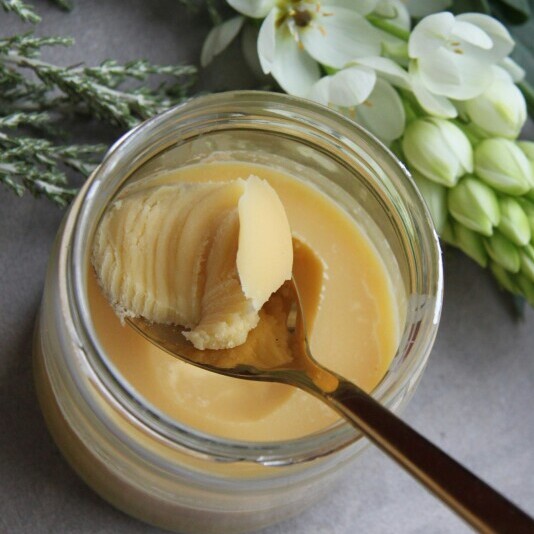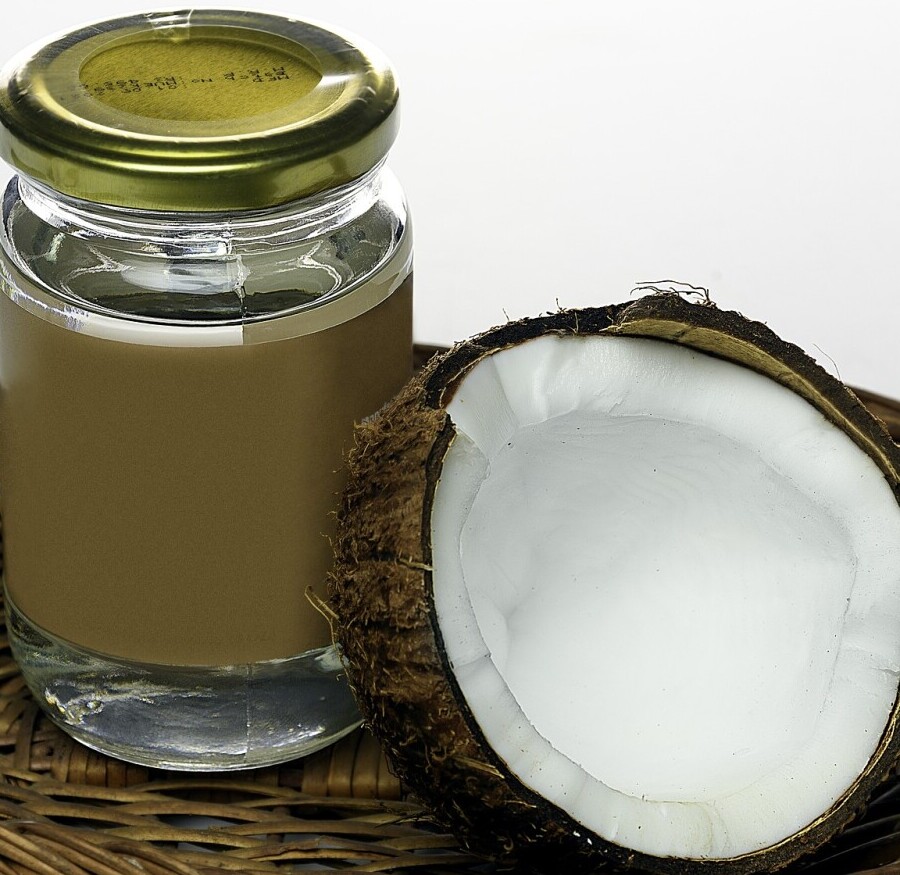African hair, known for its unique texture and incredible versatility, often needs extra care due to its tendency to be dry and fragile. Hair growth challenges like breakage and slow growth can sometimes feel overwhelming, but two natural ingredients stand out for nurturing these strands: shea butter and coconut oil.

Shea butter, harvested from the nuts of the shea tree found in West Africa, is a powerhouse of moisture and nourishment. Packed with vitamins like A and E, it’s known for healing and improving hair health. Its thick consistency is perfect for sealing moisture in, making it a favorite for those with thicker or coarser hair textures.
On the other side, coconut oil, derived from mature coconuts, is famous for its ability to penetrate the hair shaft. Unlike shea butter, coconut oil’s structure allows it to seep into the hair, reducing protein loss and improving strength from within. It’s loaded with lauric acid, which not only nourishes the scalp but also conditions the hair.

When it comes to moisturizing properties, both shea butter and coconut oil can be beneficial, but their impact varies depending on what your hair specifically needs. Shea butter is fantastic for locking in moisture and adding a heavier layer of protection. Coconut oil, with its deep-penetrating qualities, is great for people looking to strengthen their hair and improve scalp health.
The interaction of these oils with the hair can differ significantly, too. Shea butter tends to sit on the hair shaft, providing an external barrier against dryness. In contrast, coconut oil’s ability to penetrate means it helps nourish from within, making the hair more resilient over time.

When choosing between these two, consider what your hair craves. Do you need that thick, protective layer that holds moisture in? Shea butter might be your match. Or if your hair feels brittle and needs strengthening from the inside out, you might opt for coconut oil.
Some folks even find success in using both, layering coconut oil first for its penetrating qualities, and topping it off with shea butter for that extra moisture-lock. This combo approach can give you the best of both worlds.
Additionally some individuals cannot use coconut oil for their hair as there’s not much impact, therefore it’s better to use the oil that works well for you.
Shea butter does not have a strong smell like coconut and can sometimes sit on your hair if you do not rub it on your hands. Coconut oil is light and disappears easily on your hair. I have written a lot about how to assess your hair type because this will also help you in knowing which oil to use for your hair.
Which one do you prefer, coconut oil or shea butter?
Leave a Reply